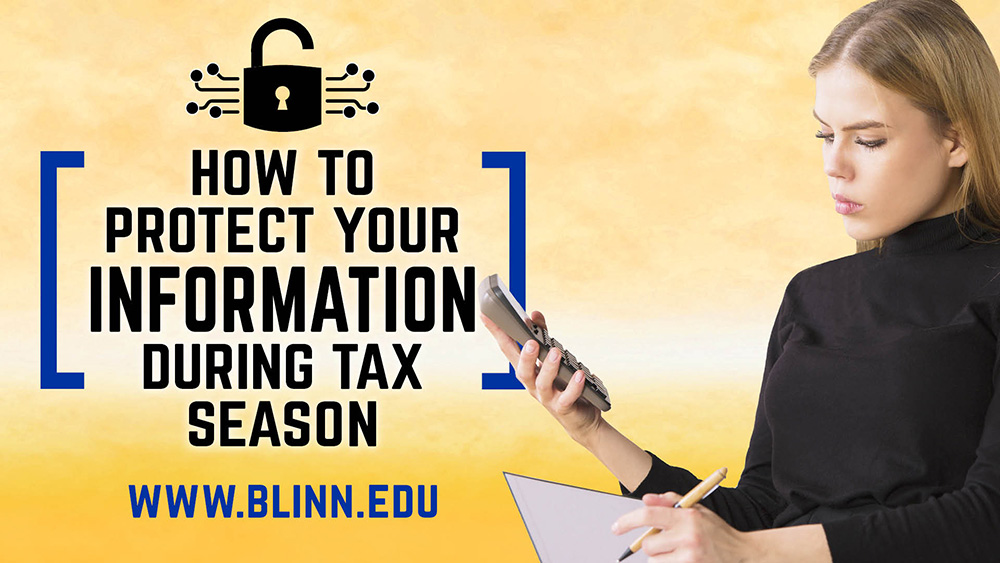How to Keep Your Private Information Safe

Cybersecurity plays an important role in keeping our data safe. All employees at Blinn have a responsibility to do their part in safeguarding Blinn’s information resources.
With that in mind, Academic Technology recommends the following practices to help protect employees and the college from information theft:
- Don’t click on links contained within an email unless you are certain of the sender’s identity and are expecting it. Link clicking via email is a key method of luring users to malicious websites.
- Don’t open emailed attachments unless you are certain of the sender’s identity and expecting the information. Scammers like to send malware directly to your machine via attachments in your email. Clicking on the attachments can trigger the malware, allowing it to install on your local machine and begin causing problems.
- Delete and do not reply to any suspicious or suspect emails. Sometimes, scammers are looking for more information and try to solicit it from you via email. If you suspect an email, consider it guilty until proven innocent.
- Keep your personal desktop, laptop, and/or mobile device up to date (apps, antivirus, and critical system updates). This could help protect not only Blinn’s data, but your own data as well. Malware is constantly changing in a cat-and-mouse game with cybersecurity software.
If you are not sure about an email’s legitimacy, forward it to infosec@blinn.edu. You also can look up the person who sent it to you (don’t use any numbers listed in the email) and call to verify.
For more cybersecurity tips, we encourage you to visit the Cybersecurity and Infrastructure Security Agency at https://www.cisa.gov/.